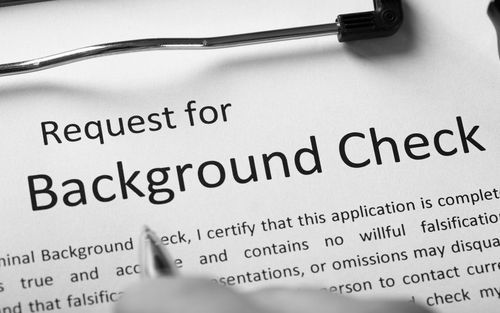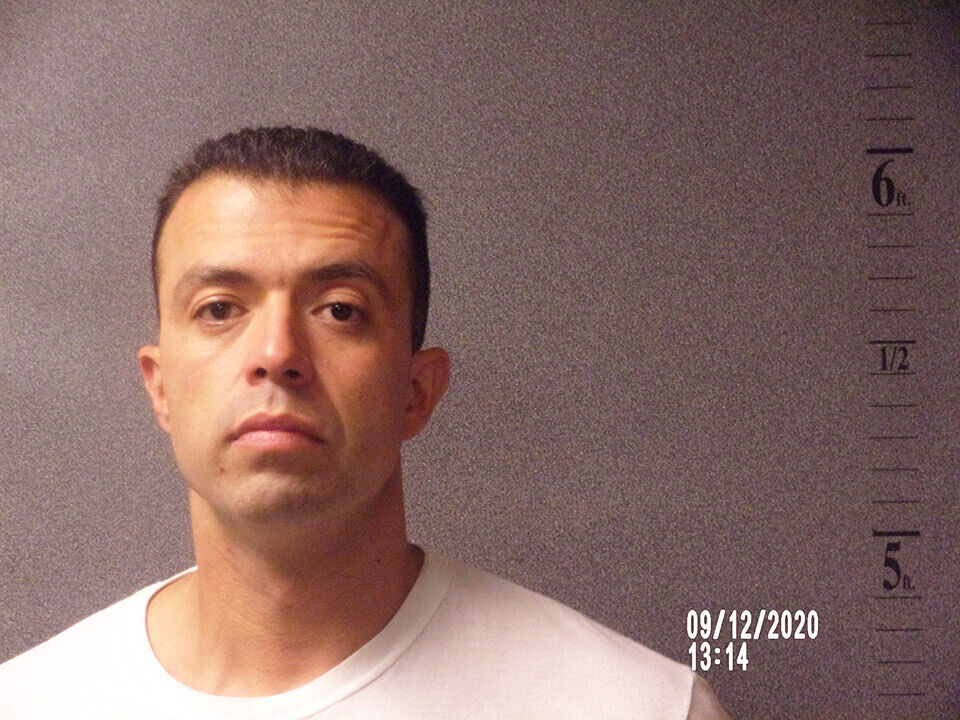
The court may place the defendant on probation pursuant to such a deferral agreement if it finds that prosecution has been deferred by the state, based on a written agreement with the defendant, for the purpose of allowing the defendant to participate in and successfully complete the program. 15A-1341(a2) for the purpose of allowing an “eligible” defendant (see Chapter 7A, Article 62 and local rules regarding eligibility criteria) to participate in a Drug Treatment Court program. 114 (1990) (charged offenses did not qualify for deferred prosecution and judge did not have inherent authority to compel Division of Adult Probation to supervise conditional release of pretrial detainee who had not been tried or convicted because he lacked the capacity to be tried).Ī defendant may also be placed on a deferred prosecution agreement under G.S. 15A-1341(a1) AOC-CR-610 (Motion/Agreement and Order to Defer Prosecution) see also State v.
 The defendant is unlikely to commit another offense other than a Class 3 misdemeanor. The defendant states under oath that he or she has not previously been on probation and. The defendant has not been convicted of any felony or any misdemeanor involving moral turpitude. Each known victim of the crime has been notified of the motion for probation by subpoena or certified mail and has been given an opportunity to be heard. Prosecution has been deferred by the prosecutor under a written agreement with the defendant, with the court’s approval, to allow the defendant to demonstrate good conduct. To be eligible for deferred prosecution under this statute, a defendant must be charged with a Class H or I felony or a misdemeanor, and (upon motion of both the prosecutor and the defendant), the court must find each of the following facts: 15A-932(a1) (dismissal with leave to reinstate for deferred prosecution) 15A-932(e) (resumption of prosecution for failure to comply with deferral agreement). If the defendant fails to comply with the terms of the agreement (i.e., violates probation), the prosecutor may reinstitute the proceedings by filing written notice with the clerk. Upon expiration of the probation, the defendant is immune from future prosecution for the same offense. If the defendant successfully completes the period of probation (which can be for up to two years), the prosecutor agrees to dismiss the charges.
The defendant is unlikely to commit another offense other than a Class 3 misdemeanor. The defendant states under oath that he or she has not previously been on probation and. The defendant has not been convicted of any felony or any misdemeanor involving moral turpitude. Each known victim of the crime has been notified of the motion for probation by subpoena or certified mail and has been given an opportunity to be heard. Prosecution has been deferred by the prosecutor under a written agreement with the defendant, with the court’s approval, to allow the defendant to demonstrate good conduct. To be eligible for deferred prosecution under this statute, a defendant must be charged with a Class H or I felony or a misdemeanor, and (upon motion of both the prosecutor and the defendant), the court must find each of the following facts: 15A-932(a1) (dismissal with leave to reinstate for deferred prosecution) 15A-932(e) (resumption of prosecution for failure to comply with deferral agreement). If the defendant fails to comply with the terms of the agreement (i.e., violates probation), the prosecutor may reinstitute the proceedings by filing written notice with the clerk. Upon expiration of the probation, the defendant is immune from future prosecution for the same offense. If the defendant successfully completes the period of probation (which can be for up to two years), the prosecutor agrees to dismiss the charges. 

15A-1341(a1) is a procedure whereby a defendant charged with a crime is not brought to trial, but is instead placed on probation. Unless specifically prohibited by law (e.g., for charges of impaired driving), a defendant may be placed on a “deferred prosecution” for a wide variety of offenses (see below).







 0 kommentar(er)
0 kommentar(er)
